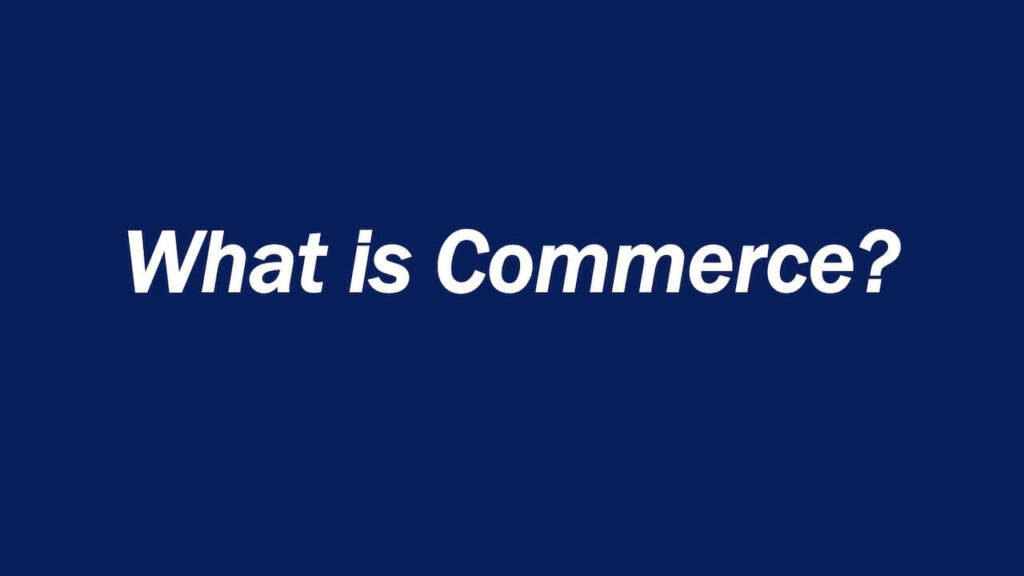What Is Commerce Who Is the Father of Commerce? – Answer
Hi everyone! Have you ever wondered where buying and selling originated? In this section, we will explore “What is Commerce and Who Is the Father of Commerce.” We’ll reveal the story of the creative mind that powers the trading industry.
What Is Commerce and Who is the Father of Commerce?
Let’s explore the exciting field of business! Assume you have a favorite pastime, such as creating beautiful crafts or delectable cookies. What if, instead, you wanted to give these incredible works of art to others and perhaps even exchange them for something you truly desire, like a nice pen or a new book? That’s where business comes in, my friend.
What Is Commerce? – Definition
Large-scale purchasing and selling of goods and services, usually including financial transactions, advertising, and transportation, is referred to as commerce. It includes a wide range of activities like distribution, trading, and exchange and is essential to both online and offline global markets and economic systems.
Who Is the Father of Commerce?
What is Commerce and Who is the father of commerce?” is a question that frequently stumps students. The term “commerce,” which describes all actions related to trade, or the buying and selling of commodities and services, is the lifeblood of the world economy. In addition to fostering social contact and meeting individual needs and desires, this transaction promotes economic growth.
Also Read: How Does the Cork Act as A Protective Tissue? Detailed Answer
Since ancient times, the idea of commerce has existed and developed along with many civilizations. It’s interesting to note that the respected person known as the “Father of Commerce” is none other than Poseidon, the Greek god of the sea, seas, and horses. Honored as the God of the Sea, Poseidon was instrumental in promoting and defending maritime trade, which was the foundation of ancient commerce. His control over the sea lanes opened up opportunities for interaction and trade between other cultures, influencing how we currently view commerce.
- As the God of the Sea, Poseidon controlled the key sea routes that ancient civilizations used for trade, earning him the nickname “the Father of Commerce.”
- He had a function that went beyond that of a Greek mythological deity. By ensuring traders’ safe maritime journeys, he had an impact on the practical sides of trade.
- Poseidon is in charge of the sea, which represents wealth and prosperity. This represents the deity’s connection to trade and economic expansion.
- Thus, keep in mind that everything you see and hear at a local market is a part of the amazing world of trade, driven by the spirit of adventure embodied by none other than Poseidon!
